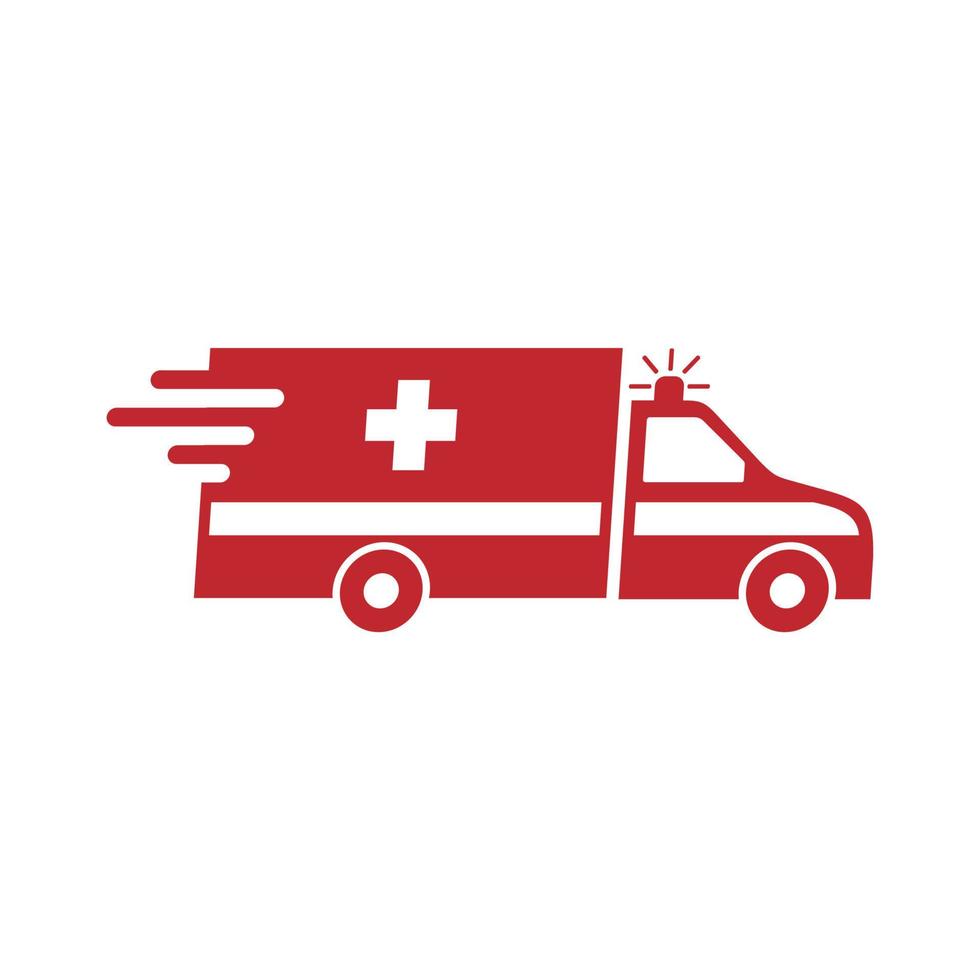24*7 Emergency
A 24/7 ambulance service is a crucial component of emergency medical services (EMS) that operates around the clock to provide rapid response and transportation for individuals in need of urgent medical attention. Here’s a brief overview of a 24/7 ambulance service:

- Emergency Response:
- A 24/7 ambulance service is equipped to respond to emergency calls at any time of the day or night. It plays a vital role in transporting patients to medical facilities swiftly, especially during critical situations.
- Medical Assistance:
- Ambulances are staffed with trained emergency medical personnel, including paramedics and emergency medical technicians (EMTs). These professionals are skilled in providing initial medical assistance and stabilizing patients during transit.
- Transportation to Hospitals:
- The primary purpose of a 24/7 ambulance service is to transport individuals to hospitals or medical centers for further evaluation and treatment. This is particularly important in cases of accidents, medical emergencies, or when a person’s health condition requires immediate attention.
- Availability of Basic and Advanced Life Support:
- Ambulances may be equipped with both basic life support (BLS) and advanced life support (ALS) capabilities. BLS includes essential medical equipment, while ALS units have additional equipment for more complex medical interventions.
- Coordination with Emergency Services:
- 24/7 ambulance services often work in coordination with other emergency services, such as fire departments and law enforcement, to ensure a prompt and efficient response to emergencies.
- Community Coverage:
- These services aim to provide coverage throughout a community or region, ensuring that individuals in urban and rural areas have access to timely emergency medical transportation.
- Non-Emergency Medical Transport:
- In addition to responding to emergencies, some ambulance services offer non-emergency medical transport for individuals who require transportation to and from medical facilities for scheduled appointments, treatments, or procedures.
- Dispatch Centers:
- Ambulance services typically have dedicated dispatch centers that receive emergency calls, assess the situation, and deploy ambulances accordingly. The dispatchers play a crucial role in coordinating responses and providing instructions to callers until the ambulance arrives.
- Regulatory Compliance:
- Ambulance services adhere to local, regional, and national regulations and standards to ensure the safety and quality of emergency medical care.
